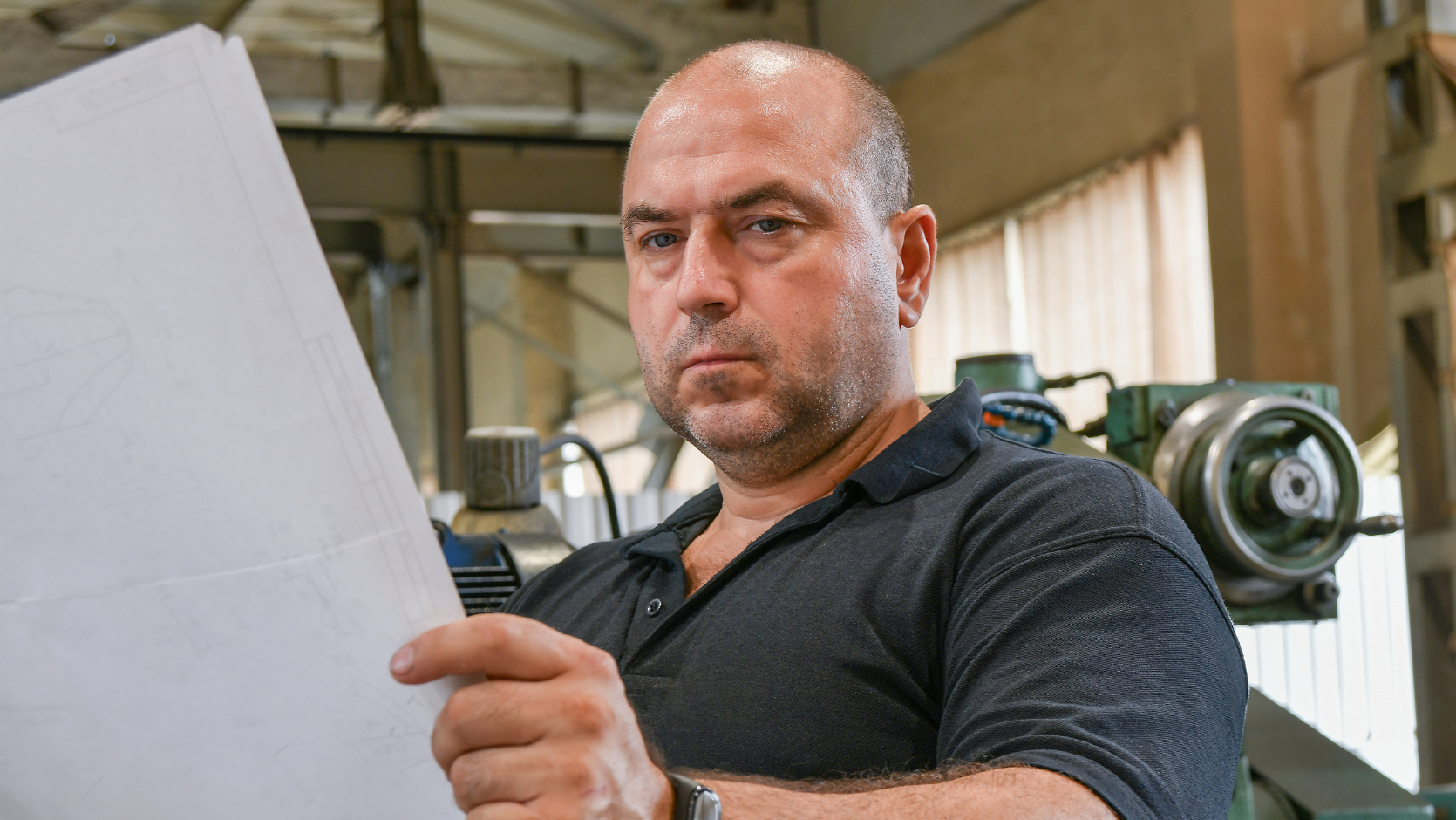The Facts
Disputed circumstances of meeting between older man and younger woman
An elderly man met a younger woman in 1998. The circumstances of that meeting were in dispute between the woman and the man’s son, who was the executor of the estate.
The woman claimed she had met the old man at a caravan park in Perisher, in the Snowy Mountains of NSW. However, the man’s son claimed his father told him she had responded to a newspaper advertisement seeking someone to provide domestic services in exchange for free accommodation.
The man invited the woman to come and live with him in Sydney to look after him.
Woman relocates from Canberra to move in with man
The woman relocated from Canberra to Sydney in 1998 to live with the man. At this time he was aged 78 and she was aged 38.
They went to beaches and clubs together, went to the movies and went shopping. The man helped the woman find work as a waitress.
The pair shared expenses and bills.
Evidence of de facto relationship
The pair began an intimate relationship and were seen holding hands in public. In July 2001 the woman was granted a spouse visa (temporary).
During the time the woman lived in the house, she had her own room. However, she spent some nights in the man’s room and claimed they had a sexual relationship over the years.
The pair went on many overseas trips and cruises together, including trips to Thailand, China and Singapore. On these trips they would share a room and bed.
In 2003 the man made a statutory declaration in support of the woman’s application for an Australian permanent residency visa, stating that he had been living with the woman for five years in an ongoing de facto relationship and “we are very happy together”.
The statutory declaration mentioned plans to make arrangements for the couple’s wedding. The man and woman continued to live together for the following 15 years until the man died.
For two years their residence was also shared by the woman’s son, who emigrated to Australia as a 16-year-old in 2002. The son lived at the house until he was 18 years old and had completed his secondary education.
Evidence of dementia and fractious relationship before man dies
The pair fought passionately during the final years of the old man’s life. Police reports indicated that they had been called on numerous occasions between 2014 and 2018, with complaints being made by each of the pair against the other.
When they fought the woman would leave and stay with her son or with a friend for a day or two. The man would then call to ask her to come back and she would return.
Medical evidence presented to the court showed that the man had a dementing condition. This evidence was supported by police notes, which stated that the man often contradicted himself in his interactions with them, made little to no sense when speaking to police and “had been getting angrier” as time passed.
Woman applies for family provision order after man’s death
The man died in February 2019 at the age of 97, leaving behind an estate valued at $2.5 million.
The deceased’s will was drafted in 1996, before he had met the woman. The will had not been amended or updated at any time after that. The will was handwritten and filed with the courts.
The deceased’s son was the executor and principal beneficiary of the will, which did not include the woman.
The woman applied for a family provision order under section 59 of the Succession Act 2006 (NSW) to obtain some part of the estate.
The NSW Supreme Court found that the pair were not in a de facto relationship at the time of the man’s death and therefore the woman was not entitled to make a claim on the estate.
The woman appealed the decision to the NSW Court of Appeal, which had to determine whether the appeal should be allowed and if so, whether the Supreme Court had erred in its decision.














Expert commentary on the court's decision
Court of Appeal overturns initial decision
In Sun v Chapman [2022] NSWCA 132, the Court of Appeal granted leave for Ms Wei (Rose) Sun to appeal the initial decision, in which it was found that she had not been in a de facto relationship with Mr Robin Alan Richard Chapman, who had initially employed her as his carer.
The court granted leave for Ms Sun to bring forward more evidence.
Factors suggesting existence of de facto relationship
The court found that the evidence presented to it was not inconsistent with Mr Chapman and Ms Sun having been in a de facto relationship. The court noted that given the 40 year age difference between the two, it was unsurprising that he did not disclose the relationship to his adult children.
The court found that the fact that Ms Sun’s teenage son had lived with the couple for two years while he finished his schooling was inconsistent with the relationship between Mr Chapman and Ms Sun being merely that of patient and carer.
The court also noted that the relationship of patient and carer is not inconsistent with a continued relationship of husband and wife or de facto husband and wife.
Further, the court observed that a de facto relationship does not end because one partner has to live separately from the other for reasons of health. Nor does a de facto relationship cease to be such because it “becomes fractious and the parties cease to love each other”.
Continued provision of care to grumpy and irascible old man
The court noted that even though the romance of the relationship had come to an end, the couple continued to live together. While the relationship was not a loving one in the later years, that did not mean that they had ceased to live together as a couple.
While Mr Chapman’s dementia and depression made him more “grumpy and irascible” than he had previously been, Ms Sun continued to provide him with care, notwithstanding their frequent arguments.
In the view of the court, this was consistent with the continuation of their de facto relationship, rather than inconsistent with it: just as a wife might continue to look after a demented and grumpy husband.
Lack of harmony in relationship enhances claim for provision
The court took the view that the deterioration of the relationship between Mr Chapman and Ms Sun was not a reason for reducing the provision that would otherwise be appropriate for her. Rather, it found that that deterioration would have increased the burden of the relationship on her.
The court found that the last years of the relationship must have been a difficult time for Ms Sun and that “the lack of harmony in the relationship enhances rather than diminishes her claim for provision”.
Consortium vitae not severed by complaints, threats or disharmony
In its analysis of the relationship between Ms Sun and Mr Chapman, the court addressed the notion of the consortium vitae – that is, the marital relationship, or state of “coupledom”.
Pointing out that the relationships of carer and de facto spouse are not mutually exclusive, the court noted that it is not uncommon for the physical and/or mental decline of one spouse to result not only in the dissipation of romance, but also in the other becoming a “carer”. This does not sever the consortium vitae. Neither does disharmony in a de facto relationship bring it to an end.
The court noted that statements such as “I’m leaving you” or “Get out” do not sever the consortium unless they are acted upon.
Mr Chapman’s complaints and threats to obtain a substitute carer were never acted upon. The consortium vitae was never severed and the de facto relationship continued until Mr Chapman’s death.
Arguments not atypical of marriage-like relationship
The well-documented arguments between Ms Sun and Mr Chapman were not atypical of, let alone inconsistent with, a marriage-like relationship.
The judgment of the Court of Appeal concluded:
The court ordered that provision be made out of the estate of Mr Chapman in favour of Ms Sun in the sum of $555,000 to enable her to pay off her mortgage.
Chaos and disharmony of marriage-like relationships
Poignantly, the very facts that the executor sought to rely upon to disprove the existence of a de facto relationship – disharmony, frequent domestic disputes, complaints, threats and police intervention – were the same facts that convinced the Court of Appeal that a de facto relationship had indeed existed between Ms Sun and Mr Chapman.
As the court observed, “marriage-like” relationships are not necessarily romantic or harmonious. In fact, in this case the proven disharmony enhanced, rather than weakened, Ms Sun’s claim on Mr Chapman’s estate.